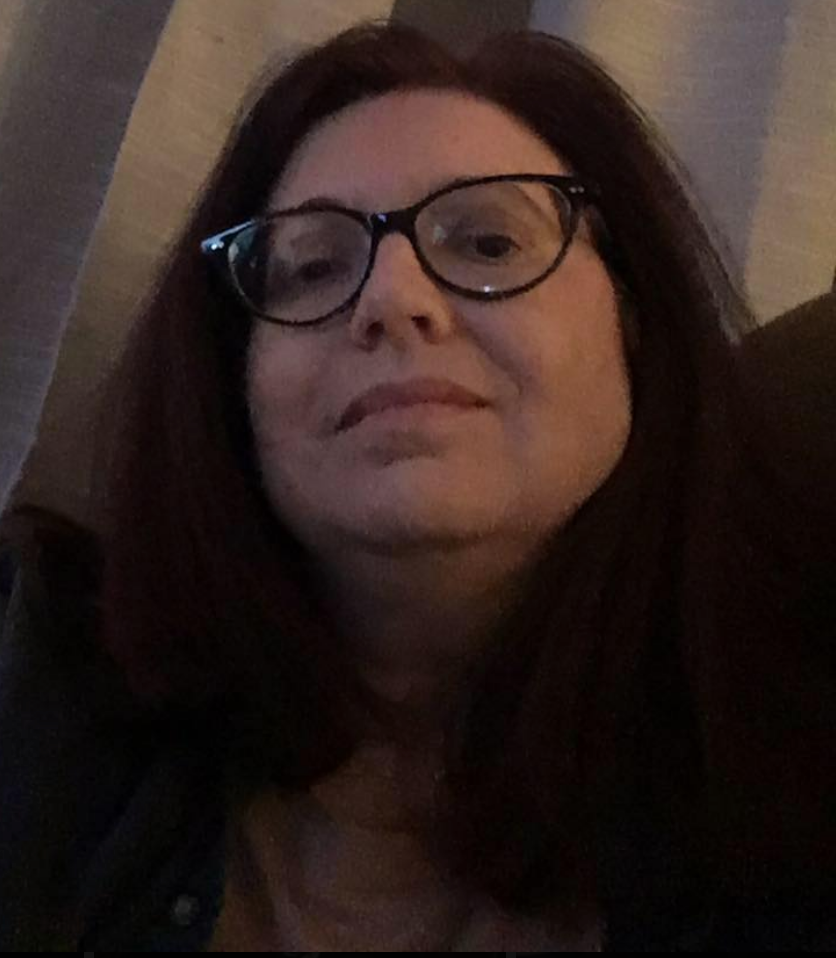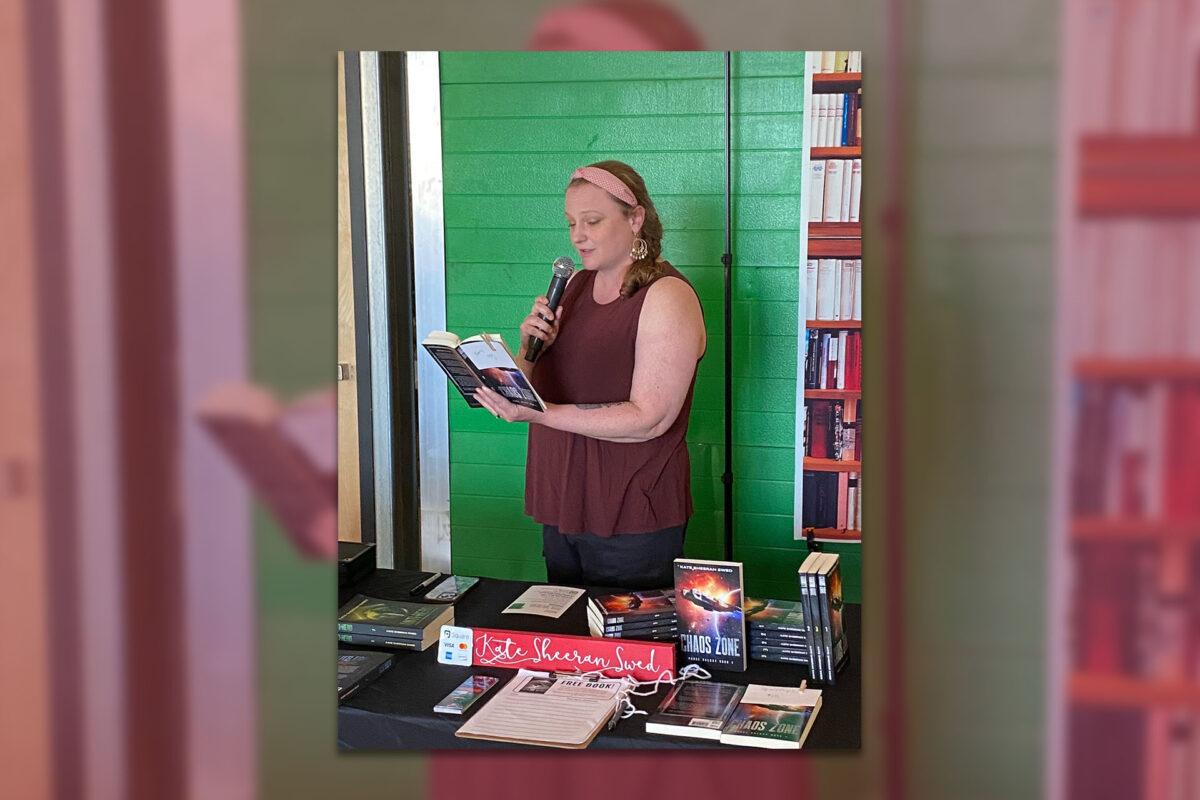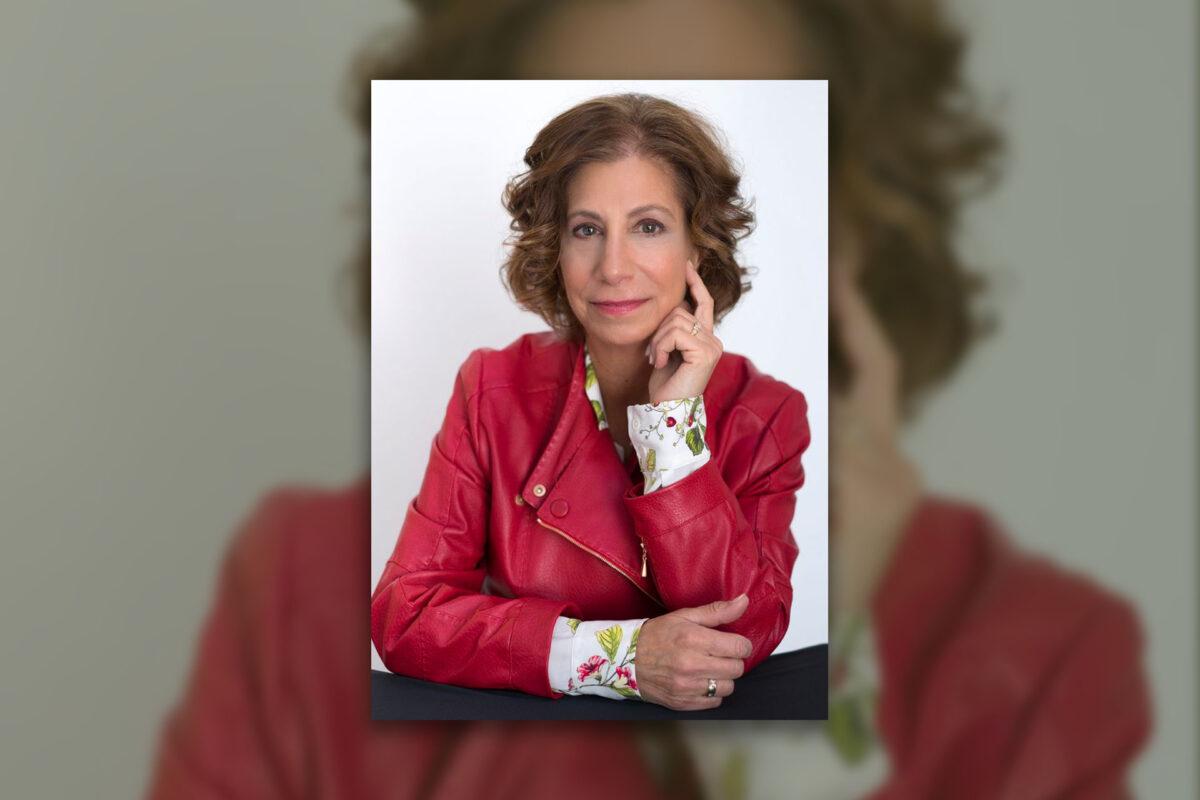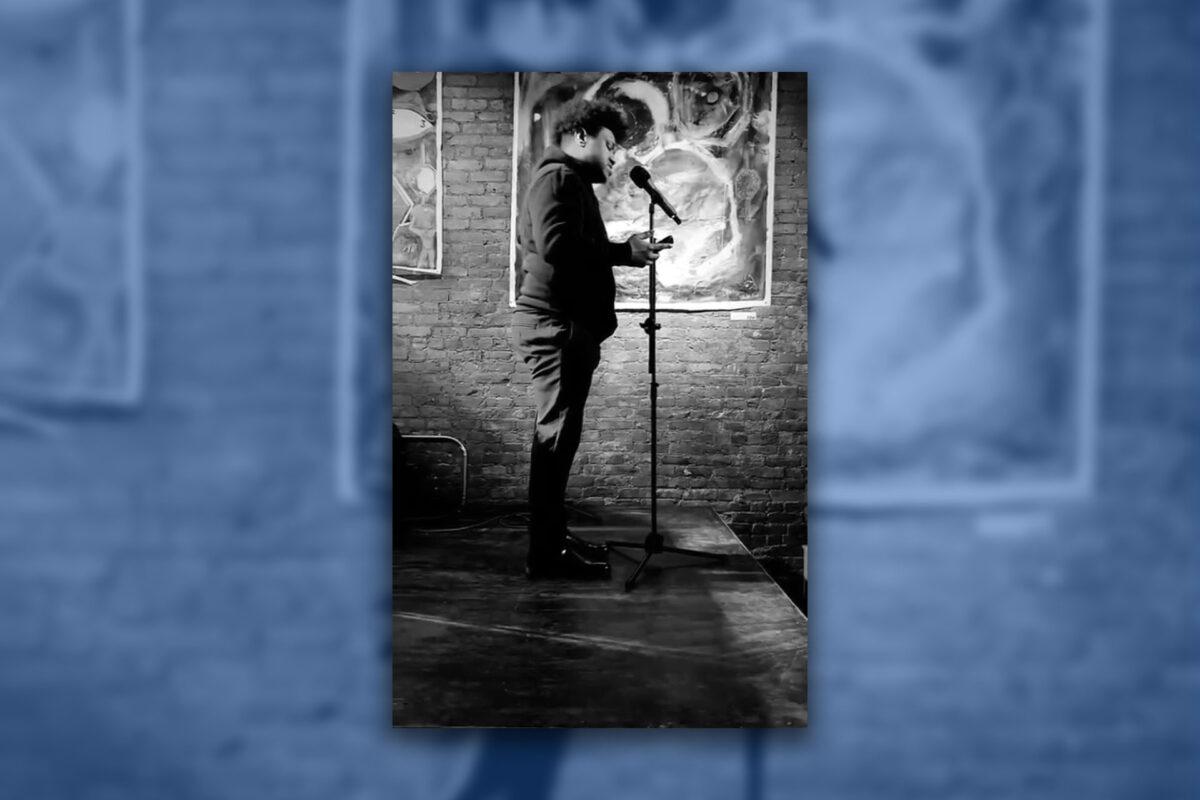By Ana Williams
Nancy Dunlop attended the University at Albany in 1979 where she changed her major from Journalism because she believed an English major was the perfect fit for her. She accomplished a tremendous amount throughout her time at the University including; working as a T.A., being hired as a lecturer after obtaining her B.A., and working in a program called “Project Renaissance”. Facilitating this interview with such a well-known local poet and literary figure as Nancy Dunlop was a pleasure.
Ana Williams: You said that you no longer teach. Do you miss it sometimes? And would you ever go back to teaching?
Nancy Dunlop: Not at this point—I miss my kids every day. I’m still in touch with them which is lovely. But no, I don’t miss it—I taught mostly poetry and memoir.
A.W: How often do you work on your own poetry pieces? Do you find yourself doing that throughout the whole week, or does it vary?
N.D: It’s probably through the whole week but it doesn’t mean I’m spending my whole time writing. It means I’m spending my time incubating. It means—see the thing with being a poet—the only thing I can think of as a way to describe it is if you meditate. There are all these different techniques, and religions, (fake religions) and you try to be in the moment, but within 5-10 seconds you’re picking up your phone or you’re thinking about the cat scratching on the door who wants to eat. It’s very hard to become good at meditating. I think with change in technology—I’m from the typewriter, books, and paper era. But I do notice, and I do grow concerned that these things cut down even further our own ability to sit still and not care that we need to present something because we just thought of it, and it’s the most brilliant thing ever thought of. But that’s not thinking, that’s not communicating, that’s not being still, that’s not being content in your own company. You know that’s not solitude and those are the things that a poet needs.
A.W: You mentioned earlier that my pervious questions were directed towards someone who writes novels and you are a poet. So, what would you say are the differences from being a novelist and a poet?
N.D: Ok. Novels and short stories are literature art forms that deal with the passage of time for the most part. You know there are post modern novels that break that ark up but, in general here is a narrative ark. There is a past, beginning, middle crisis, and then the end. So, there is this passage of time. The other thing that fiction has are characters. Some of them you think you know what they’re going to do but then they change their mind and let you know what they’re going to do. When I think about fiction writers I think, “Geez, what a fun job!”
A.W: You stated that it wasn’t until 2-3 years ago that you started calling yourself a poet. Are there any works you have written when you were younger that you incorporate in your work now or have revised?
N.D: In some ways, I feel like I’ve written the same poem over and over all my life. There is a topic that I always come back to. Sometimes I can hit it on the mark and sometimes I can’t so that’s like an ongoing imperative on my part. I would say poetry is a calling. I got a check for $10 once for a poem; it ain’t gonna pay the bills so its much better to call it a calling. Yes, there were things that I wrote early on—I had an instructor that told me read this poet, read this poet, and everything she wrote, and everything he wrote, and I did. That’s how I learned.
**Side Note: There are a few breaks within this interview because there were many personal topics that were discussed during our time together. Those topics were removed from this interview to respect the poet’s request for privacy.
